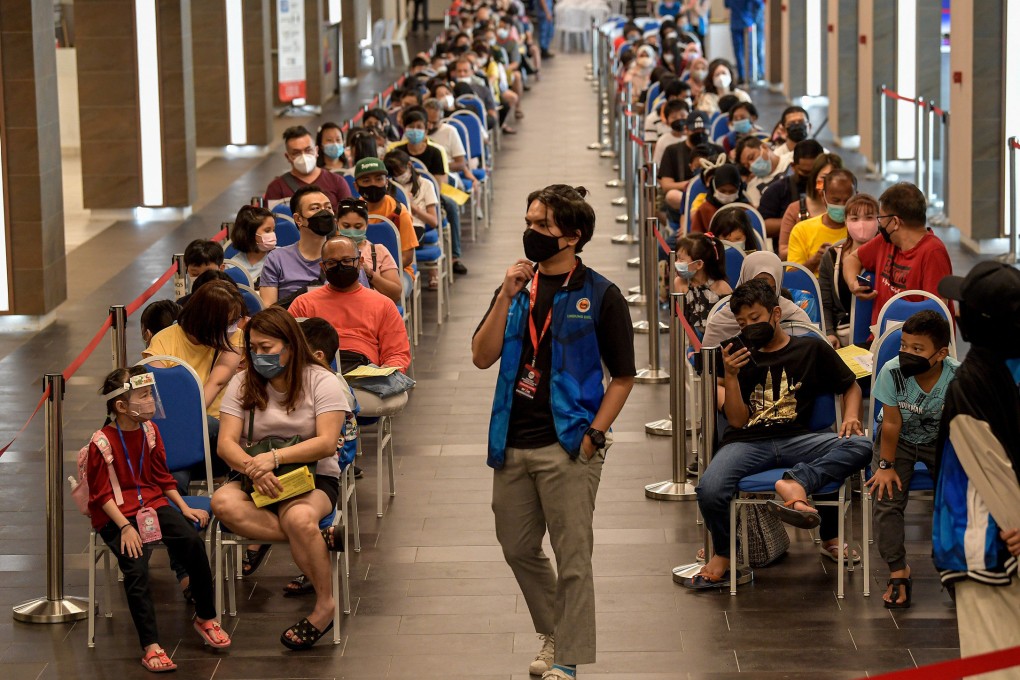Malaysia faces calls for probe as report shows faulty ventilators bought ‘over WhatsApp’ during Covid-19
- Officials spent US$100 million on some 8.5 million vaccine doses that went unused, while US$4.2 million was wasted on mostly faulty ventilators, a parliamentary report said
- The pharmaceutical firm which bought the ventilators had ‘no prior experience or expertise’ in buying medical devices, the report added

Some 8.5 million unused vaccine doses expired in June this year worth 505 million ringgit (US$100 million), the report by the Public Accounts Committee (PAC) said, while a further US$4.2 million was wasted on the procurement of 136 ventilators, of which only 32 worked.
“Every single ventilator delivered did not have the correct plug point for Malaysian use,” said the PAC report, which was released late on Monday. “Even after converting to the correct plug point, each ventilator faced different issues across hardware, accessories and software.”

The health ministry picked up the tab for the ventilators, bought in March 2020 from China by Pharmaniaga Logistics Sdn Bhd (PLSB), a unit of Malaysia’s largest pharmaceutical company, which had no “prior experience or expertise” in buying medical devices.
Damningly, parliament was told there was no contract drawn up between the health ministry and PLSB, which meant “no party can be held responsible”.
The “ventilators did not meet specifications after inspection on arrival”, the report added, revealing the procurement process was “carried out over WhatsApp, including approval of specifications and instructions to proceed with payment”.